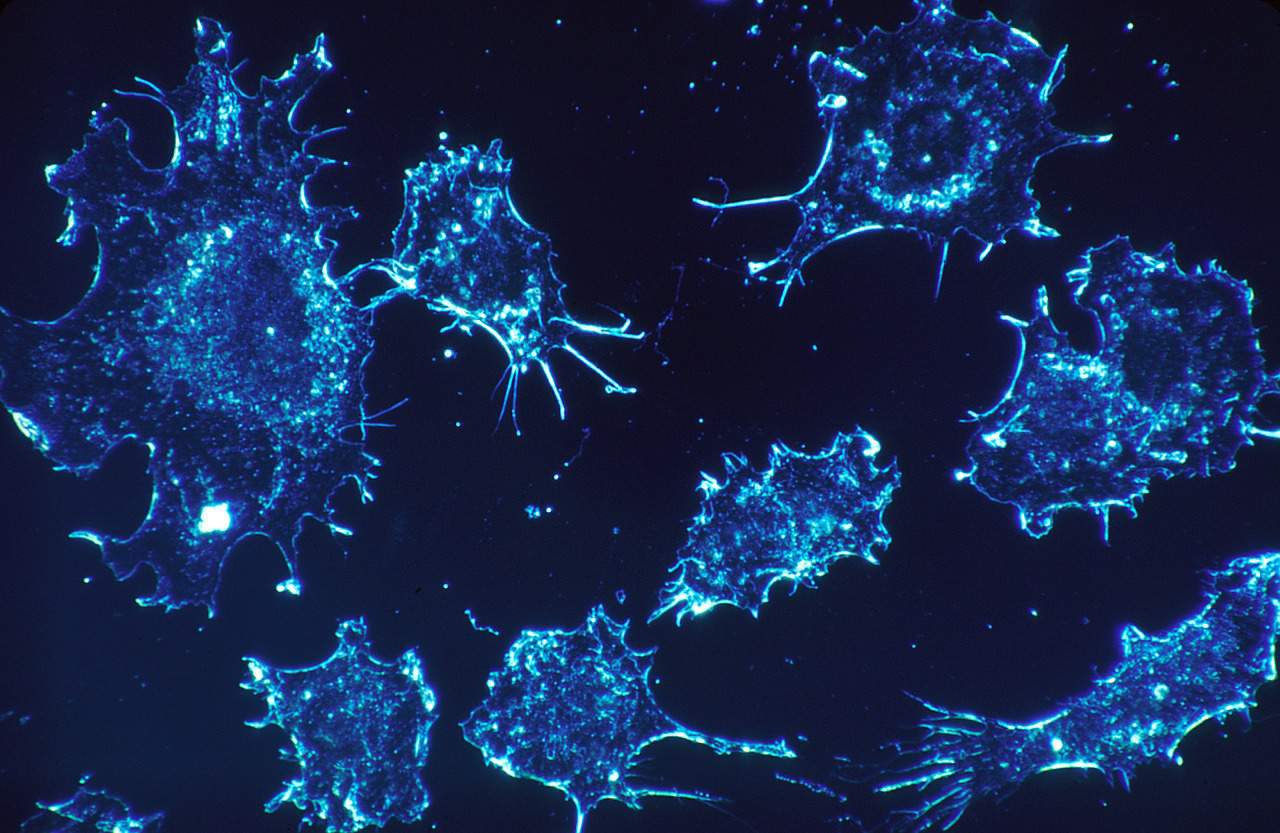A protein called FUS, which human cells produce naturally, inhibits growth of prostate cancer cells, according to the authors of a study recently appearing in Cancer Research. Thus far the research has been limited to the laboratory, where the scientists at Imperial College London found that when they forced prostate cancer cells to produce more FUS, the result was a reduction in the number of cancer cells in the petri dish. The scientists also discovered that the FUS protein stimulates activity that leads to cell suicide (apoptosis).
“These findings suggest that FUS might be able to suppress tumour growth and stop it from spreading to other parts of the body where it can be deadly,” noted Dr. Charlotte Bevan, senior author of the study.
When the scientists examined cells from prostate cancer patients, they found that patients who had high levels of FUS had less aggressive cancer, were less likely to have had the cancer spread to the bone, and had longer survival. These findings suggest FUS may help clinicians determine how aggressive a patient’s tumor will be. Overall, the results of this study regarding FUS indicate the protein may be a potential target for future treatments.
Read more in our Prostate Cancer Health Center.
Reference
Brooke GN et al. FUS/TLS is a novel mediator of androgen-dependent cell-cycle progression and prostate cancer growth. Cancer Research 2011 Feb 1; 71(3): 914-24







